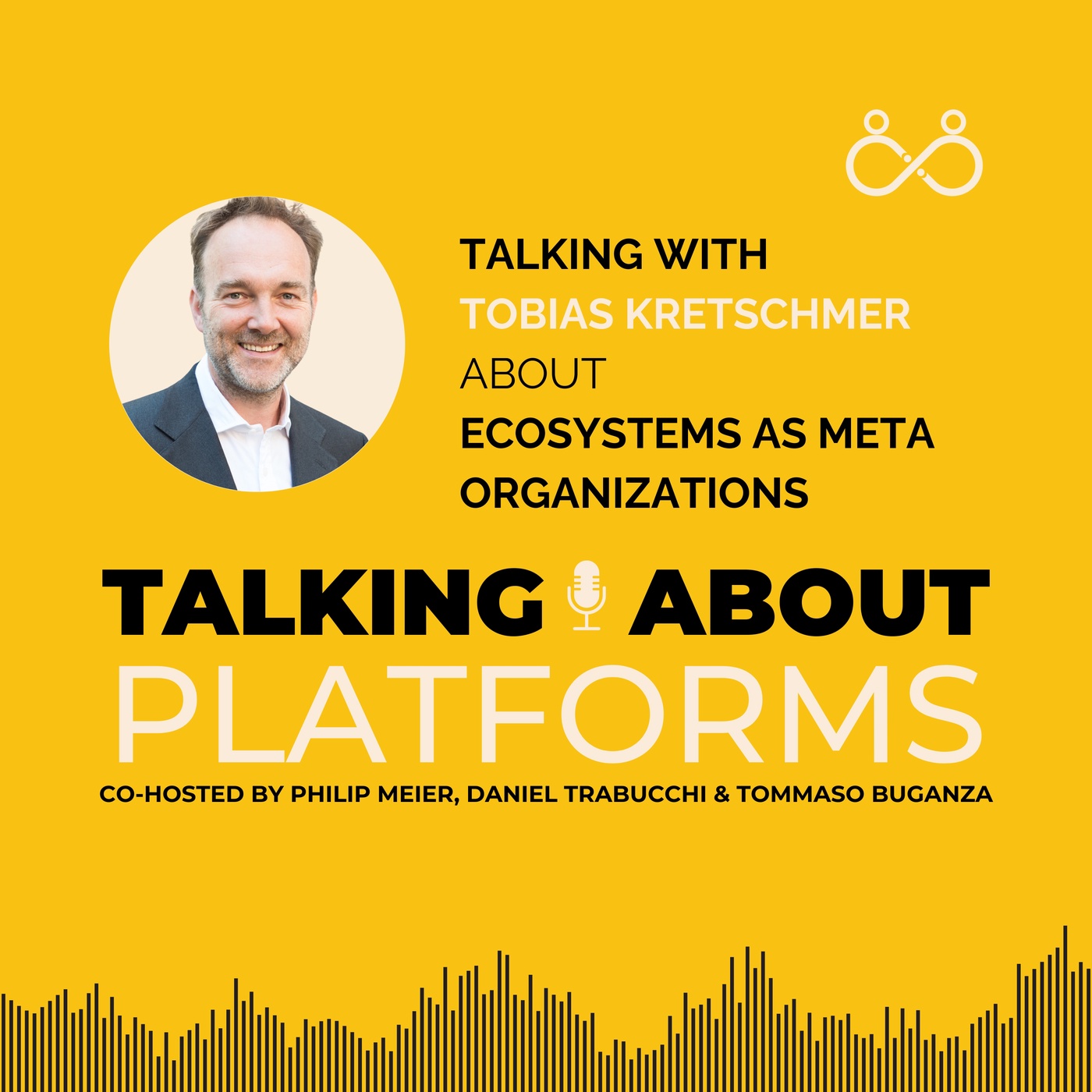
Cities as platforms with Gesa Ziemer
The CityScienceLab at the HafenCity University Hamburg investigates the urban challenges in the era of digitalization in cooperation with partners from civil society, politics, economy, and science. It pursues an inter and transdisciplinary perspective by linking technical issues with social and cultural developments.








